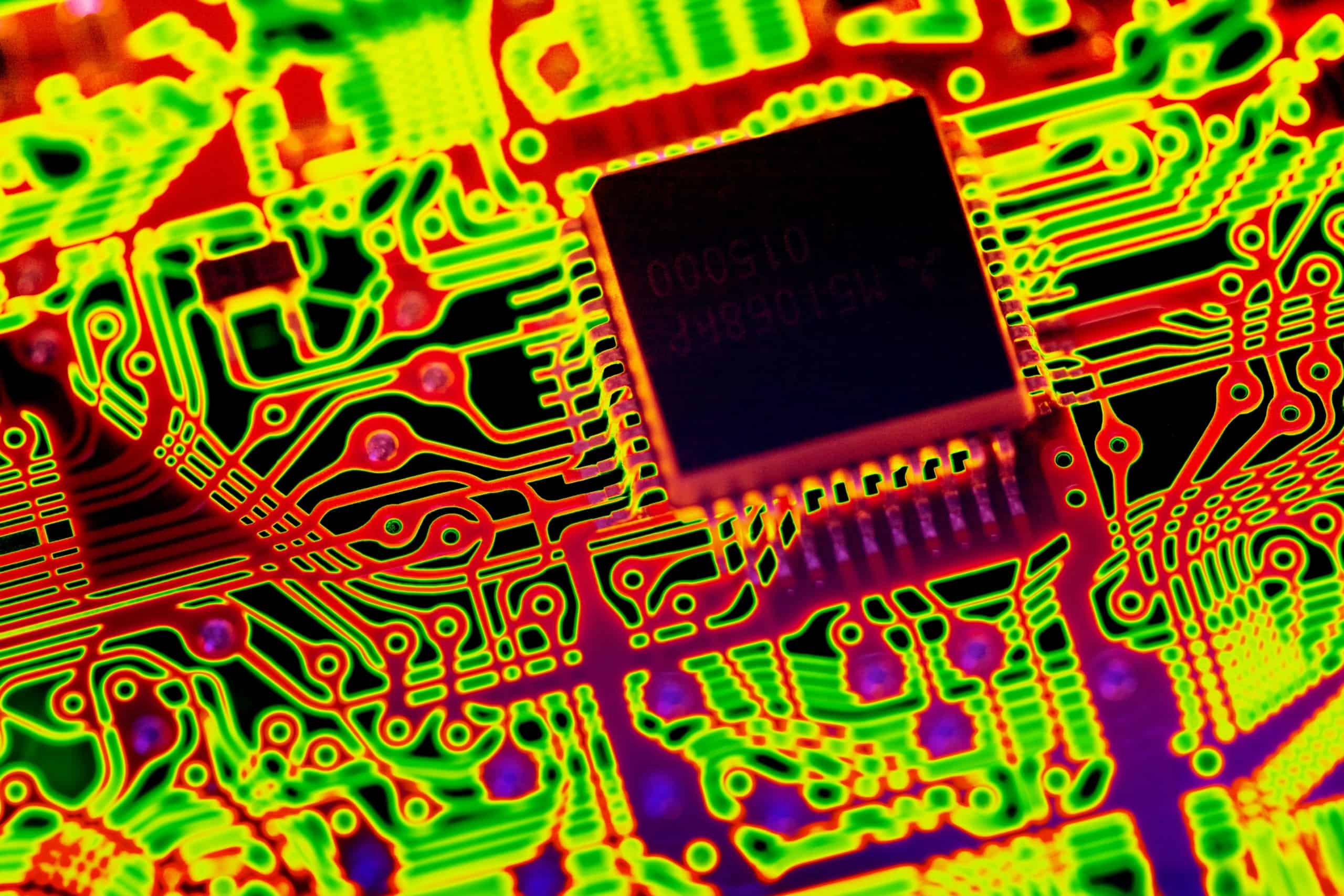An award-winning podcast about the world’s two superpowers, the two men in charge, and the vital issues that affect us all. Face-Off cuts through the noise for the real story, with essential historical context.
In this season, longtime foreign correspondent for The New York Times Jane Perlez and celebrated China historian Rana Mitter cover Xi at the negotiating table, Gen Z disillusionment, China’s military rise, Pacific tensions, tech advances, and soft power.


